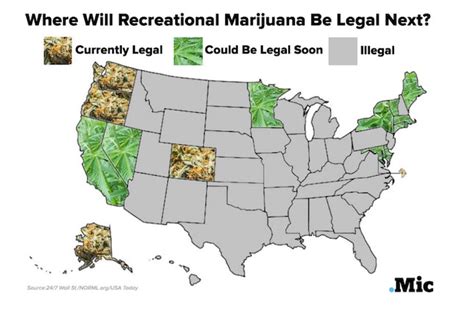
Georgia’s approach to medical cannabis is notably more restrictive than some other states. Unlike other regions that have legalized the growth, sale, or possession of marijuana in plant or leaf form, Georgia’s laws do not permit these activities. The state’s legislation also does not allow the production, sale, or ingestion of food products infused with low THC oil, nor does it authorize the inhalation of this oil through smoking, electronic vaping, or vapor. Furthermore, physicians in Georgia are not authorized to prescribe marijuana in any form.
In contrast, a significant development at the federal level has occurred. President Biden recently announced a series of steps aimed at reforming marijuana policies. A key aspect of this initiative is the pardon of all prior Federal offenses related to simple possession of marijuana. This move indicates a shift in the federal stance on marijuana, diverging from past approaches.
The Georgia Access to Medical Cannabis Commission outlines the specific regulations under Rule Chapter 351. These rules are part of the broader state legal framework, governed by the Georgia Administrative Procedures Act (O.C.G.A. 50-13-1 et seq.).
At the state level, Georgia’s medical marijuana law allows qualified persons to legally possess up to 20 fluid ounces of “low THC oil,” derived from the marijuana plant. This is managed by the Georgia Department of Public Health, which issues a “Low THC Oil Registry Card” to those who qualify. This card serves as proof of authorization to possess the oil.
Moreover, the legal landscape of marijuana is also shaped by the interplay between federal and state laws. As noted in the CRS Reports, there is an expanding policy gap between these two levels of governance. Recent appropriations acts, like the Consolidated Appropriations Act 2023 (P.L. 117-328), have included provisions that bar the Department of Justice from taking legal action against states to prevent them from implementing or enforcing medical marijuana laws. This indicates a growing tolerance at the federal level for state-specific marijuana policies.
Finally, the Georgia Drugs and Narcotics Agency plays a crucial role in ensuring the health, safety, and welfare of the state’s citizens by enforcing laws and regulations related to drugs, including those pertaining to manufactured or compounded drugs.